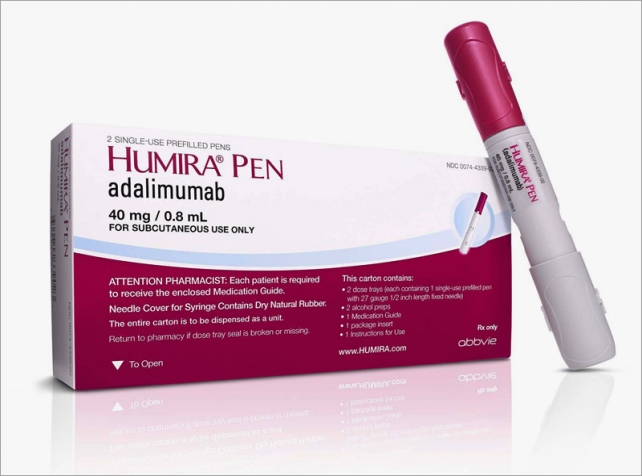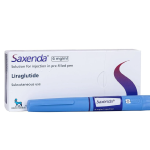Adalimumab, marketed as Humira, treats various autoimmune diseases. This human monoclonal antibody blocks tumor necrosis factor (TNF) alpha, a key inflammatory cytokine, relieving conditions like rheumatoid arthritis, psoriasis, Crohn’s disease, and ulcerative colitis.
Key Takeaways:
- Humira) effectively treats autoimmune disorders.
- It blocks TNF-alpha, an inflammatory cytokine.
- Administer it as a subcutaneous injection.
- Side effects can include injection site reactions, infections, and rare serious conditions.
- Regularly monitor blood count, liver function, and tuberculosis status during treatment.
- Common side effects are mild injection site reactions and non-serious infections.
What is Adalimumab?
Adalimumab, sold as Humira, is a human monoclonal antibody targeting and inhibiting TNF-alpha, reducing inflammation in autoimmune disorders. It’s effective when other treatments fail.
Benefits of Adalimumab in Autoimmune Disorders
“Humira improves lives of patients with autoimmune disorders, reducing symptoms and preventing complications. It’s a key treatment for many.”
It’s also effective combined with traditional DMARDs for non-responsive patients.
Conditions Treated with Humira
Adalimumab treats rheumatoid arthritis, psoriasis, Crohn’s disease, ulcerative colitis, and hidradenitis suppurativa, reducing chronic inflammation and improving patient quality of life.
Table: Conditions Treated with Adalimumab
| Condition | Benefits of Humira Treatment |
|---|---|
| Rheumatoid Arthritis | Reduces joint pain, stiffness, and swelling |
| Psoriasis | Controls skin cell growth and inflammation |
| Crohn’s Disease | Relieves abdominal pain, diarrhea, and GI symptoms |
| Ulcerative Colitis | Manages symptoms and long-term control |
| Hidradenitis Suppurativa | Decreases painful skin lesions |
Administration and Dosage
Adalimumab, or Humira, is a subcutaneous injection. Dosage varies by condition. Always follow prescribed dosage and consult your healthcare team before any changes.
Safety and Side Effects
While generally safe, be aware of potential side effects like injection site reactions and infections. Serious conditions are rare but possible, requiring close monitoring.
Monitoring and Precautions
Regularly monitor blood count, liver function, and tuberculosis status during treatment. This ensures safe and effective use of Humira.
Adalimumab in Combination with Traditional DMARDs
Adalimumab complements traditional DMARDs for enhanced treatment. It’s effective for certain conditions when DMARDs alone aren’t sufficient.
Adalimumab as a DMARD Substitute
When DMARDs don’t work, Adalimumab can replace them. Its subcutaneous administration and adjustable doses offer personalized treatment. However, use with caution in certain patients and monitor regularly.
Some articles about Humira



